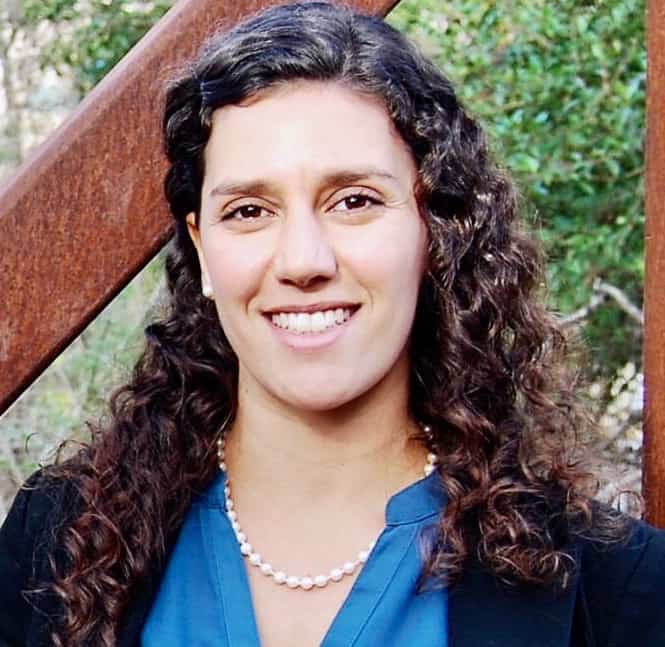Since the passage of the Affordable Care Act, Governor Greg Abbott and the Texas legislature have rejected Medicaid expansion even though Texas has the highest rate of uninsured citizens in the nation. With the spread of COVID-19 and the threat of healthcare systems being overwhelmed by this pandemic, the legislature should call a special session to expand Medicaid.
Medicaid expansion has been an overwhelmingly successful program. It has increased insurance coverage, expanded access to healthcare services and reduced costs. Medicaid expansion would cost Texas approximately $5.6 million but in return, Texas would receive $65.6 billion in federal funding and save $34.3 billion from reduced emergency room or hospital visits from the uninsured. Medicaid expansion is necessary for diminishing the devastating impact that COVID-19 will have on Texas population health.
COVID-19 has proven to be more deadly than the flu, with a death rate of approximately 1%, and more resource-intensive than the flu, with twice the length of hospital stay required for severe cases. There is also a serious concern with medical equipment shortages, from surgical masks to ventilators, since we are all dependent on the same supply chain globally.
It has also overwhelmed healthcare systems across the world. Some have used this as an argument against moving towards universal health care in America. But this argument does not consider how many Americans are at risk of losing their employer-based health insurance due to rising unemployment. Federal officials are predicting unemployment could hit an all-time high of 30%, and 3.3 million Americans have already filed for unemployment. While it may not be feasible to pass Medicare For All anytime soon, Medicaid expansion is something that state legislators could enact right now to expand access to the 1.6 million Texans that are uninsured and counting.
In addition to practicing social distancing, it is imperative that as many Americans are able to get tested as possible. While the Families First Coronavirus Response Act has guaranteed that testing will be free regardless of insurance status, there are no standardized eligibility criteria or payment procedures. Furthermore, this bill provides limited funding for the uninsured and does not cover treatment for COVID-19. Currently, the cost of COVID treatment for someone who is uninsured is more than $34,000. This will lead Americans who are symptomatic to either skip testing or delay getting medical care until their symptoms have seriously progressed.
Medicaid in Texas is currently available only to children, pregnant women, people with disabilities, and people over age 65 who are at or below 75% of the Federal Poverty Level. With Medicaid expansion, Texas has the ability to expand these benefits to anyone at or below 133% of the Federal Poverty Level. Not only would this ensure that more than 1.6 million Texans have access to health care, it would also eliminate the current Medicaid gap that exists for people who are ineligible for ACA coverage due to limited income.
The COVID 19 pandemic underscores the need for Texas to expand Medicaid now. Ensuring that everyone has access to affordable testing and timely healthcare is essential to controlling the spread of COVID-19. Considering that Texas consistently ranks at the bottom of health outcomes such as healthcare accessibility and a majority of Texans support Medicaid expansion, it should be strongly considered. Medicaid will not only help address the long-term health and economic effects of COVID-19, it will also improve Texans’ health for the future. Texas legislators should listen.
—
Liana Petruzzi is a doctoral student at the Steve Hicks School of Social Work at The University of Texas at Austin. Her research interests include health equity, social determinants of health and social work interventions in healthcare settings. This opinion piece was produced for Texas Perspectives and represents the views of the author, not of The University of Texas at Austin or the Steve Hicks School of Social Work.


